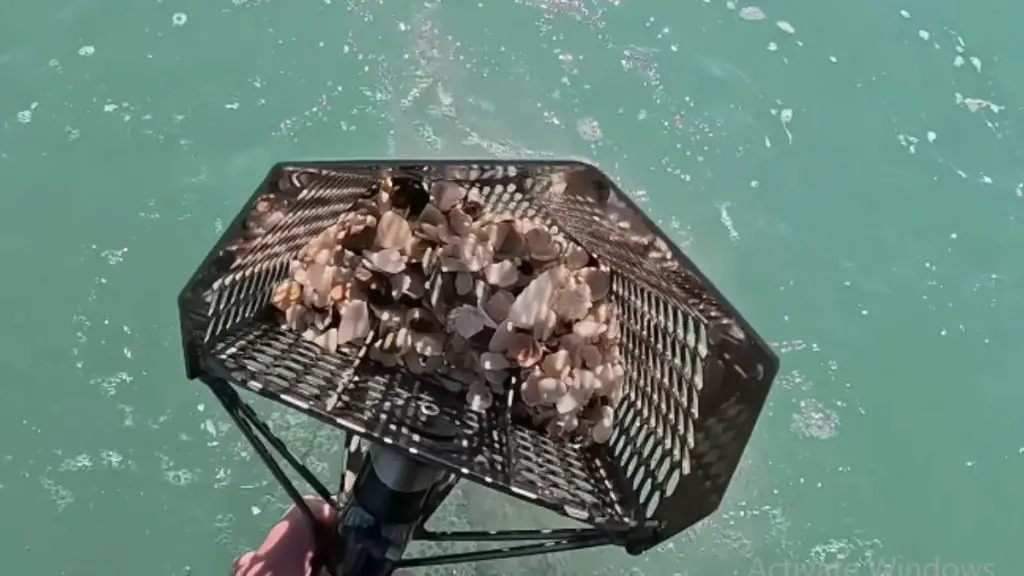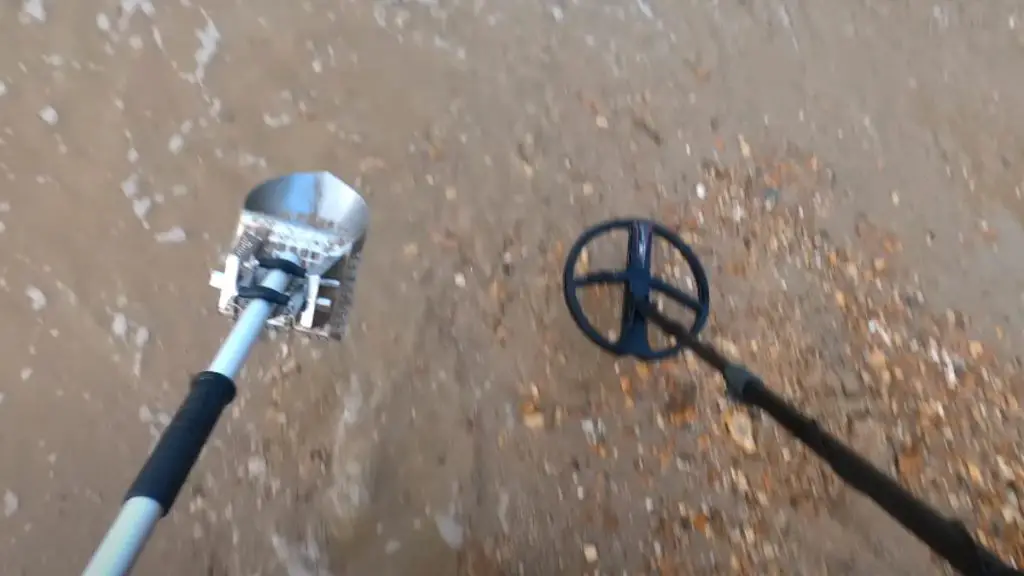Queensland, often referred to as the “Sunshine State” of Australia, is not just known for its dazzling beaches and lush rainforests, but also for a rich history that dates back to its establishment as a British colony in the 19th century.
This historical depth makes Queensland a treasure trove for metal detecting enthusiasts, who comb through its soils in search of relics from the past.
So, in this post we’ll discover the areas you can metal detect, best places, and top clubs for you.
Let’s begin!
Metal Detecting in Queensland

Queensland has a colorful past, dating back to its days as a destination for explorers and later as a gold rush hotspot in the 19th century.
The land is filled with relics from the past, including coins, old mining equipment, and jewelry lost over centuries.
The reason Queensland stands out for metal detecting is its varied landscapes and historical sites.
From ancient rainforests and beautiful beaches to historic towns, the diversity of locations increases the chances of finding something unique.
The state’s gold rush legacy means there are plenty of areas where valuable items can be discovered.
Areas like Gympie and Charters Towers, where gold mining thrived, are perfect for those hoping to find gold nuggets or historical artifacts.
The Sunshine Coast and Gold Coast beaches are not only beautiful but also great spots for finding modern treasures like jewelry and coins.
Towns with a rich history, such as Maryborough and Cooktown, offer the chance to find relics from the past.
You should always get permission before detecting on private land. For state-owned land, check the regulations as they can vary.
Is it legal to Metal Detect in Queensland?
In Queensland, Australia, metal detecting is legal, but there are important rules you must follow.
You can use a metal detector in public areas like beaches and parks, but not in national parks, state forests, or cultural heritage sites without permission.
To metal detect in these areas, you will usually need a permit or written consent from the governing body.
If you find something that’s considered to be of historical importance, like old coins or relics over a certain age, it may be protected by the Queensland Heritage Act 1992. That means you can’t just keep it; you have to report it to the authorities.
You should also keep in mind that digging on private property requires the consent of the landowner.
Also ensure to always check local laws and regulations because they can change and might be different in specific areas.
Best Places to go Metal Detecting in Queensland
Here are some of the best places to explore:
1. Beaches
The Sunshine Coast and Gold Coast beaches are famous for their golden sands and hidden treasures.
After high tide or busy tourist days, you might find lost jewelry, coins, and other valuables.
2. Old Towns
Historical towns like Charters Towers and Gympie, known for their gold mining history, are great for those looking to find old coins, relics, and perhaps even gold nuggets.
3. Parks and Picnic Areas
Public parks and old picnic spots, especially those around Brisbane and Toowoomba, can yield interesting finds from modern coins to historical artifacts.
4. Ghost Towns
Queensland is home to several ghost towns, abandoned after their mining booms ended. These places, like Maytown in the Palmer River Goldfields, are less visited and can be rich in relics.
5. Battle Sites and Campgrounds
Areas around old military camps or battle sites, particularly from World War II in the Far North Queensland region, can be good spots for finding military memorabilia.
Metal Detecting Clubs in Queensland
1. Brisbane Metal Detecting Club (BMDC)
This non-profit organisation caters to metal detecting enthusiasts in Brisbane and surrounding areas.
They focus on searching for coins, jewellery, relics, and the Australian gold nugget.
The club offers its members access to a wealth of resources including books, videos, maps, and magazines, and organizes group trips to goldfields and areas of interest.
2. CQ Detectorists Club Inc
Based in Rockhampton, this club aims to introduce people to the hobby in Central Queensland.
It’s a registered non-profit organization that focuses on metal detecting and fossicking
These clubs offer a great way to enjoy the outdoors, explore parts of Australia you might not otherwise see, and uncover treasures hidden beneath the surface.
Is there any buried treasure in Queensland?
There are stories and legends about buried treasure in Queensland, especially from the time of early European settlers and outlaws.
One well-known legend is that of the infamous bushranger Captain Thunderbolt, who reportedly buried his loot near the town of Rockhampton before he was captured.
However, these tales have never been confirmed, and no treasure troves have been officially found.
Many treasure hunters and history enthusiasts continue to search, drawn by the mystery and the thrill of a potential discovery.
Metal Detecting on Queensland Beaches
Some of the best beaches where you often go for metal detection include the Gold Coast’s Surfers Paradise, Sunshine Coast’s Noosa Beach, and the sands of Fraser Island.
To enhance your experience, start early in the morning or late in the afternoon when the beaches are less crowded.
Also, respect the environment and local regulations: always fill in any holes you dig and take any rubbish with you.
Lastly, consider investing in a waterproof metal detector for those who want to venture into the shallow waters.
Metal Detecting in Queensland Rivers
The Brisbane River, with its rich colonial history, is a hotspot for metal detecting enthusiasts.
Furthermore, the Mary River offers a serene setting punctuated by occasional finds from the gold rush era.
When embarking on your river metal detecting quest, always remember to wear waterproof gear and bring along a sturdy scoop or trowel for digging.
You should also check local laws since some areas may require permits. Practice a ‘leave no trace’ ethic, and be sure to fill in any holes you dig.
Lastly, always be respectful of wildlife and mindful of the natural environment to ensure that the rivers remain pristine for everyone to enjoy.
You can also find our guide on metal detection in Tasmania, In Western Australia, in Newcastle, and Liverpool; for successful hunt.
Do you need a licence to metal detect in Qld?
If you want to wander around swinging a metal detector, you should know that some places require permission.
On state-owned land, a fossicking license is your golden ticket to detection without any fuss from the authorities.
But do remember, national parks are a no-go zone – they’re off-limits for metal detecting, license or not.
Ensure you’re not trespassing on private property either. It’s always best to be on the safe side, so check local laws and get that permission slip if needed.

Frederick Perez is the founder of Scrape Dude. He loves exploring and finding hidden treasures in unexpected places. Frederick has been dumpster diving and gold panning for years, turning his hobby into our website to share his adventures. He’s known for his friendly advice and exciting stories, inspiring others to discover the joy in these unique hobbies. His expertise makes Scrape Dude a trusted and fun place to learn and explore.


